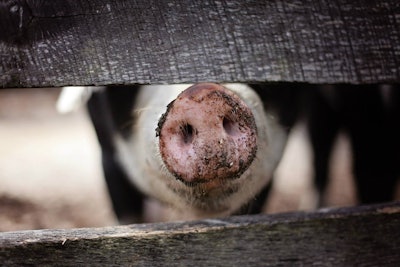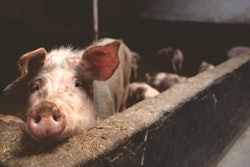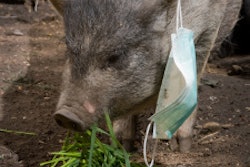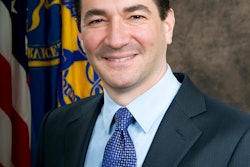
The USDA is taking additional steps to keep African Swine Fever (ASF) from entering the U.S. as the disease continues to spread internationally. To goal remains to protect the nation's swine industry from the disease, even though it does not affect people and is not a food safety issue.
ASF is a highly contagious and deadly viral disease affecting both domestic and feral (wild) pigs in all age groups. It is spread by contact with the body fluids of infected animals.
In coordination with the pork industry, the USDA has enhanced the following activities to intensify multi-agency efforts to help prevent ASF's entry into the states:
- Work with Customs and Border Protection (CBP) to train and add 60 additional beagle teams for a total of 179 teams working at key U.S. commercial, sea, and air ports
- Coordinate with CBP on the further expansion of arrival screenings at key U.S. commercial sea and air ports – including checking cargo for illegal pork/pork products and ensuring travelers who pose an ASF risk receive secondary agricultural inspection
- Increase inspections and enforcement of garbage feeding facilities to ensure fed garbage is cooked properly to prevent potential disease spread
- Heighten producer awareness and encourage self-evaluations of on-farm biosecurity procedures
- Work to develop accurate and reliable testing procedures to screen for the virus in grains, feeds and additives, and swine oral fluid samples
- Work closely with officials in Canada and Mexico on a North American coordinated approach to ASF defense, response, and trade maintenance
- And continue high level coordination with the U.S. pork industry leadership to assure unified efforts to combat ASF introduction.
The agency is also preparing for situations if the disease were to enter the country, partnering with groups to plan for various response exercise that range from trade implications to policy discussions.


















